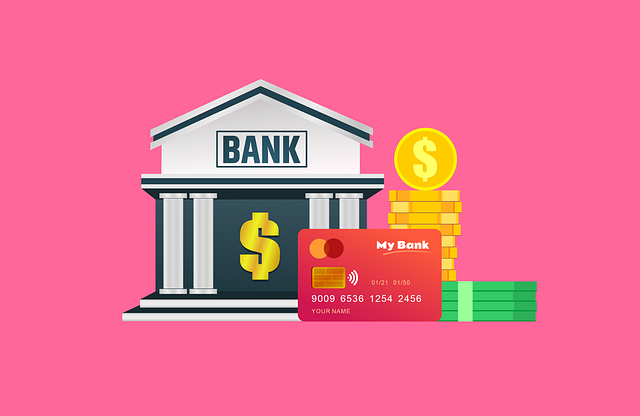Bad credit debt consolidation loans provide a lifeline for multiple high-interest debts, simplifying management without collateral (unsecured) or offering lower rates with asset risk (secured). While unsecured loans cater to those with poor credit, a hybrid approach combining secured and unsecured financing can streamline repayment, reduce interest costs, and empower financial control.
In the UK, managing multiple debts can be a challenging labyrinth. Thankfully, Debt Consolidation Loans offer a potential Bad Credit Debt Consolidation solution, allowing borrowers to streamline payments and save money on interest. This article explores two primary options: secured and unsecured loans, delving into their pros and cons. We also uncover the benefits of combining these loan types for those seeking optimal debt relief. Whether your credit history is spotless or marked with difficulties, understanding these options is a crucial first step towards financial freedom.
- Understanding Debt Consolidation Loans: Unsecured vs Secured Options
- Bad Credit Debt Consolidation: Exploring Both Sides
- Combining Secured and Unsecured Loans for Optimal Debt Relief
Understanding Debt Consolidation Loans: Unsecured vs Secured Options
Debt consolidation loans are a popular tool for managing and reducing debt, offering individuals a more straightforward way to repay multiple debts with a single, often lower, monthly payment. These loans work by combining several existing debts into one new loan, which can simplify financial management and potentially save money on interest payments.
In the UK, borrowers have two main options: unsecured or secured debt consolidation loans. Unsecured loans are appealing to those with good credit as they do not require any collateral; the lender relies solely on the borrower’s ability to repay. This makes them an excellent choice for bad credit debt consolidation loans, as individuals can still access funding without putting up assets at risk. In contrast, secured loans demand collateral, often in the form of property or a vehicle, which serves as security for the loan. While this may result in lower interest rates, borrowers face the risk of losing their asset if they fail to repay.
Bad Credit Debt Consolidation: Exploring Both Sides
Bad credit debt consolidation loans can be a lifeline for those struggling with multiple high-interest debts. For individuals with a less-than-perfect credit history, securing traditional loan options might prove challenging. However, debt consolidation offers a potential solution by combining multiple debts into one manageable loan. This strategy not only simplifies repayment but can also help borrowers save on interest costs over time.
On the other hand, bad credit debt consolidation isn’t without its drawbacks. Lenders typically charge higher interest rates for borrowers with poor credit scores, reflecting the increased risk of default. Additionally, consolidation might not always result in lower monthly payments, especially if the original loan terms were favorable. Nonetheless, with careful consideration and a solid repayment plan, bad credit debt consolidation loans can be a strategic move towards financial stability and debt freedom.
Combining Secured and Unsecured Loans for Optimal Debt Relief
For individuals grappling with debt, especially those with bad credit, a combination of secured and unsecured loans can offer a tailored solution for debt consolidation. Secured loans use an asset as collateral, often property or vehicles, which mitigates risk for lenders. Unsecured loans, on the other hand, don’t require collateral but typically carry higher interest rates due to the increased financial risk. By blending these two types, borrowers with less-than-perfect credit histories can access more favorable terms and lower overall interest charges.
This hybrid approach allows for a personalized debt relief strategy. Secured loans often provide lower interest rates, making them ideal for paying off high-interest debts quickly. Unsecured components can then handle remaining balances, offering flexibility without the burden of collateral. This dual-track method streamlines repayment and can significantly ease financial strain, ultimately helping individuals regain control over their finances in a bad credit debt consolidation loans scenario.
Debt consolidation loans offer a flexible solution for managing debt, catering to both secured and unsecured options in the UK. While secured loans provide access to larger sums, unsecured loans are ideal for those with poor credit, as they require no collateral. Combining these loan types can be a strategic move for those seeking comprehensive bad credit debt consolidation, allowing for tailored financial support to address unique circumstances. By understanding the pros and cons of each, individuals can make informed decisions to achieve better financial control and a path towards debt-free living.
